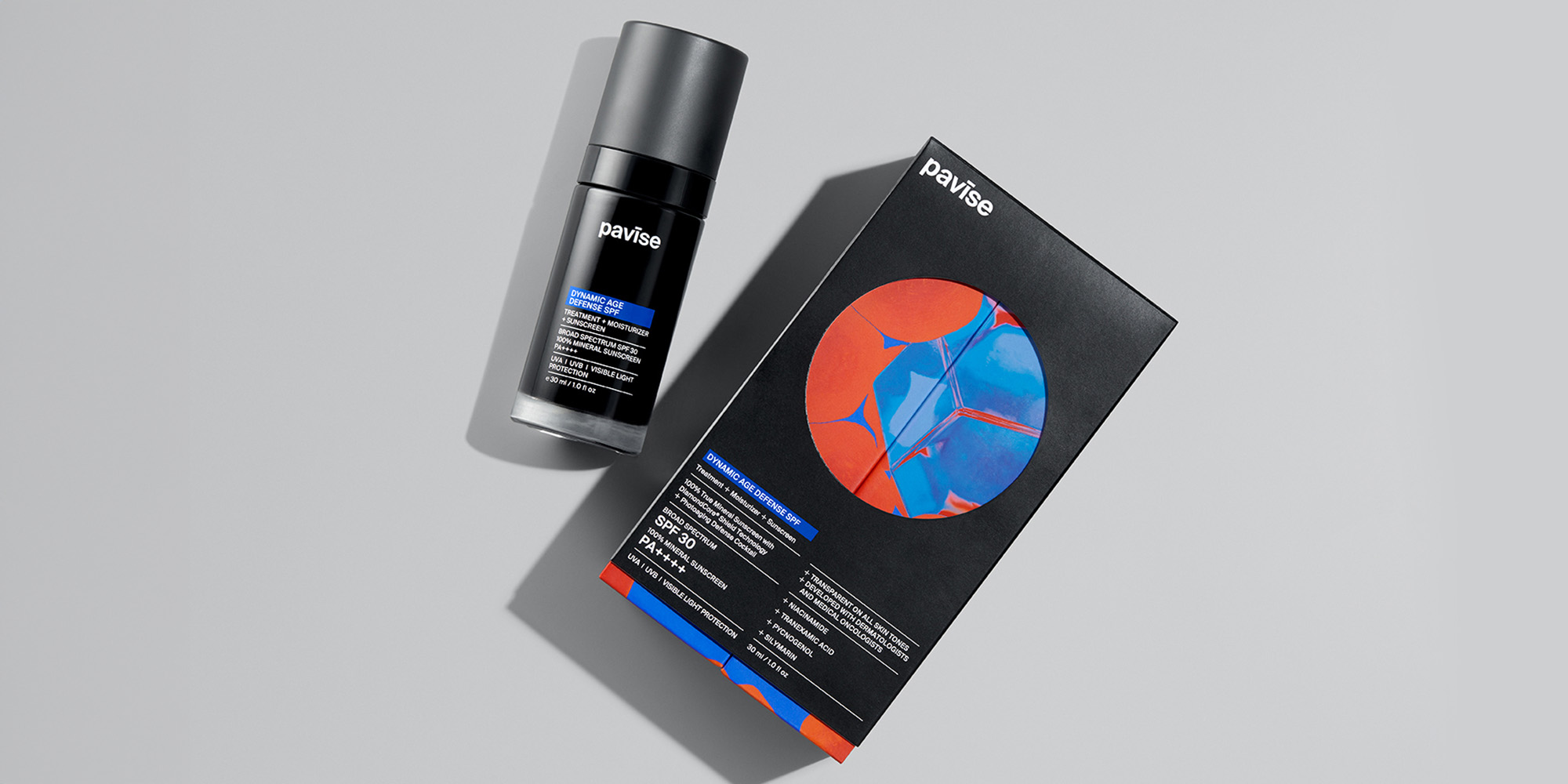
Understanding Beauty’s Biotechnology Revolution
Beauty’s love affair with biotechnology has only just begun.
“Biology and biotechnology are the next wave of potential,” said Jasmina Aganovic, founder of biotech company Arcaea and fragrance brand Future Society, during a recent Beauty Independent In Conversation webinar. “The reason someone buys into a brand may be different than why someone stays with a brand. So, you have to connect emotionally at the front and keep the science delivering on performance for the remainder of the consumer experience.”
For the webinar, Aganovic was joined by Sophie Bai, founder of biotechnology company B.A.I. Biosciences and its sun care brand Pavise, and Joanna Ellner, founder of skincare brand Reome. They discussed the advantages of biotech and what’s ahead for their respective companies.
The Advantages Of Biotech
As it pertains to the beauty industry, biotech works by harnessing microbes or tiny living organisms like bacteria and fungi to yield substances that are additive to products or processes. Aganovic underscored that biotech enables brands to diversify ingredient sourcing and supply chains.
She said “not being reliant on a single source of plants, for example, and being able to create a microbe that you can brew anywhere just like you brew beer is something that is very attractive to a lot of people and greatly improves not only the traceability, but the reliability and the sustainability profile.”
Aganovic also mentioned that hyaluronic was once derived solely from the fleshy combs of roots, and biotech has helped proliferate sources of it. Aganovic said, “When the industry turned to biotechnology to produce it through yeast, suddenly we started to see ways to change how hyaluronic acid looked, and this is why it’s as diverse as it is today.”
Ellner said that biotech is pushing the beauty industry to break out of the natural versus synthetic framework. “Clean and organic brands despite their virtuousness are maybe doing more harm than good in terms of how their ingredients are sourced, blended and processed,” she asserted. “So, for me, biotechnology represented this light-bulb moment of, wow, this can potentially offer skin tolerance in a way that pure synthetics can’t.”
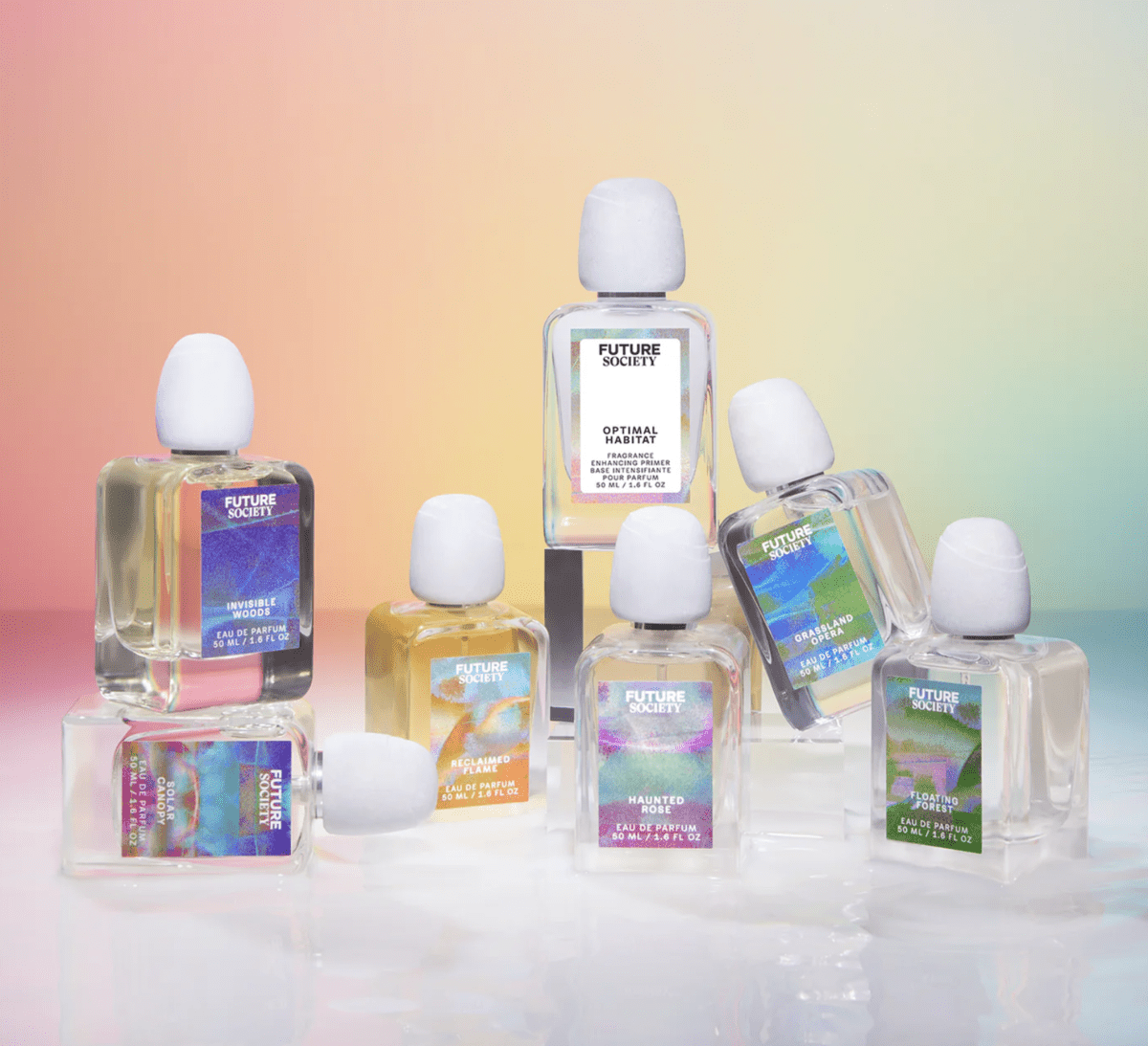
Biotech Brands
Arcaea launched Future Society, a fragrance brand that uses DNA sequencing to recreate six scents from extinct flowers, in October last year. Aganovic came up with the idea for the brand when she was entrepreneur in residence at biotech company Ginkgo Bioworks from 2019 to 2021. She was previously the president of microbiome skincare brand Mother Dirt.
“What’s really exciting is that these new technologies present entirely new things that we can create,” she said. “In the world of fragrance, you’re typically extracting scents from flowers that exist and then telling a story based off of that, but we are traveling back in time. We can recreate these smells and create a fragrance that previously was not possible thanks to this technology rooted in biology.”
B.A.I. Biosciences, which specializes in treating skin diseases like eczema and psoriasis, is intent on developing ingredients that can be delivered deep into the skin. The company launched Pavise last year to combat skin aging with what it calls DiamondCore Shield Technology. The technology incorporates nano-diamonds to improve the dispersion of ultraviolet rays hitting the skin and is touted as eliminating the white cast typically associated with mineral UV filters like zinc oxide.
“As a UV filter, zinc is good in terms of its safety profile per the FDA. However, it lacks the performance side and the cosmetic elegance,” said Bai. “So, we decided to completely change up how zinc behaves through a chemical engineering process.”
The cost of accessing biotech innovation is a hurdle for luxury skincare brand Reome. “At the moment, biotech ingredients are still very, very expensive for brands, but it’s getting better,” said Ellner. “There are amazing labs like Debut that are trying to democratize biotech ingredients and bring it to brands faster and in a more accessible fashion than what’s been possible in the last five or so years.”
Commercial Strategies
On the market for about a year, Pavise has drawn a strong following among men in its early going, and B.A.I. Biosciences will build on the interest it’s received from men by introducing products with technologies addressing hair loss and graying. Men constitute 40% of Pavise’s customer base, and the average customer has purchased from the brand more than 10 times in a year.
Pavise is distributed on its website and in select dermatologists’ offices. Its products include $148 Dynamic Age Defense, $64 Gentle Amino Powerwash and $58 Lip Defense.
“Thinking that men don’t want to spend $140 on the skincare product, they do,” said Bai. “We are pretty straightforward with our scientific storytelling and that tends to attract a certain group of consumers, who have been very loyal and who are not often targeted by traditional beauty brands.”

Aganovic said Future Society has been successful in capturing and retaining its millennial target audience through a combination of compelling storytelling and product performance. The brand expanded into brick-and-mortar retail with a 20-door Nordstrom launch late last year. At the department, it sells seven products priced from $60 to $98, including citrus scent Solar Canopy, fresh scent Floating Forest and floral scent Haunted Rose.
Along with growing Future Society, Arcaea is growing its business supplying ingredients to beauty and personal care companies. Aganovic said its first ingredient, ScentARC, an odor prevention prebiotic meant for deodorants, had a waiting list of 150 brands. Another ingredient is set for release soon.
To stay ahead of the curve, Reome is trying to maintain a first-to-market approach with biotech ingredients and carefully launches products with large moats. It has two products at the moment: $95 cleanser Three Suns Balm and $140 serum Active Recovery Broth.
Reome is available at Liberty and Space NK in the United Kingdom. American shoppers can buy it on Moda Operandi. Reome is interested in extending its assortment and wholesale footprint.
“My ultimate goal is to provide products that get repeat purchases that truly, truly work,” says Ellner. “For me, it’s all about efficacy. That’s what biotech represents to me, a new dawn of complete, authentic and honest results-based efficacy.”

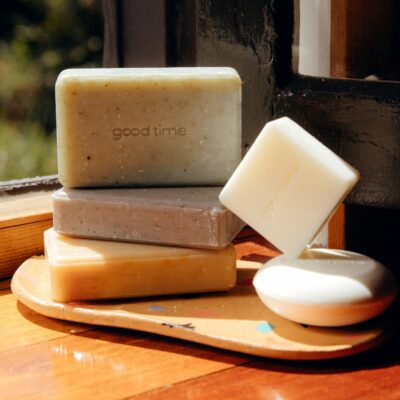

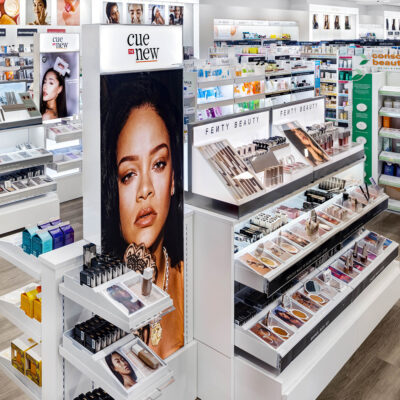
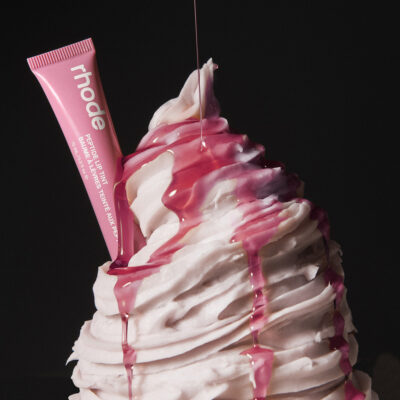
Leave a Reply
You must be logged in to post a comment.